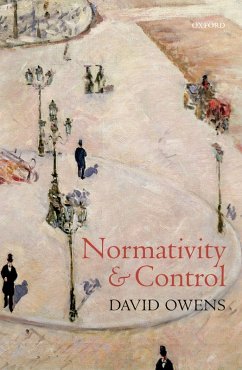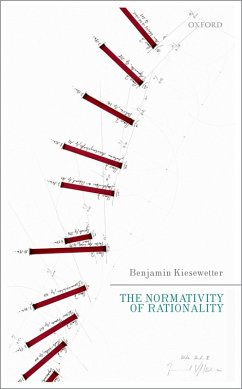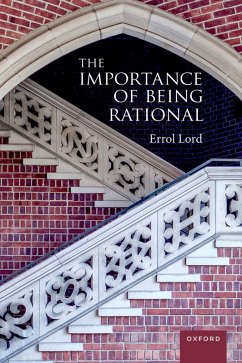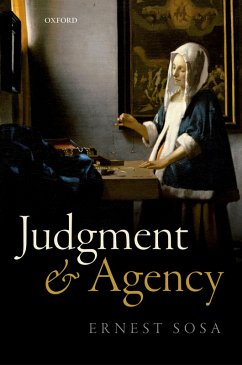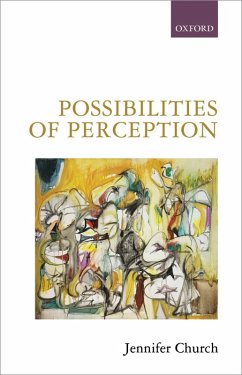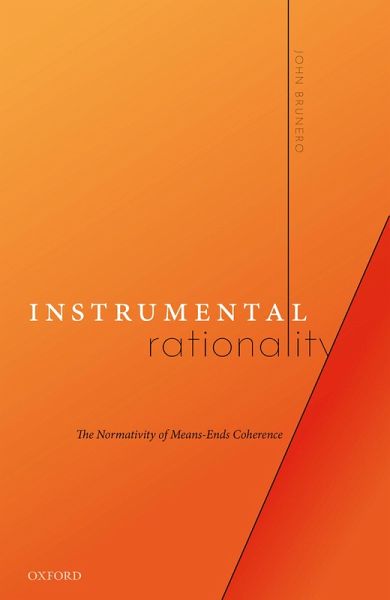
Instrumental Rationality (eBook, PDF)
The Normativity of Means-Ends Coherence
Versandkostenfrei!
Sofort per Download lieferbar
35,95 €
inkl. MwSt.
Weitere Ausgaben:

PAYBACK Punkte
18 °P sammeln!
Rationality requires that we intend the means that we believe are necessary for achieving our ends. Instrumental Rationality explores the formulation and status of this requirement of means-ends coherence. In particular, it is concerned with understanding what means-ends coherence requires of us as believers and agents, and why. Means-ends coherence is a genuine requirement of rationality and cannot be explained away as a myth, confused with a disjunction of requirements to have, or not have, specific attitudes. Nor is means-ends coherence strongly normative, such that we always ought to be me...
Rationality requires that we intend the means that we believe are necessary for achieving our ends. Instrumental Rationality explores the formulation and status of this requirement of means-ends coherence. In particular, it is concerned with understanding what means-ends coherence requires of us as believers and agents, and why. Means-ends coherence is a genuine requirement of rationality and cannot be explained away as a myth, confused with a disjunction of requirements to have, or not have, specific attitudes. Nor is means-ends coherence strongly normative, such that we always ought to be means-ends coherent. A promising strategy for assessing why this requirement should exist is to consider the constitutive aim of intention. Just as belief has a constitutive aim (truth) that can explain some of the theoretical requirements of consistency and coherence governing beliefs, intention has a constitutive aim (here called "controlled action") that can explain some of the requirements of consistency and coherence governing intentions. We can therefore better understand means-ends coherence by understanding the constitutive aims of both of the attitudes governed by the requirement, intention, and belief.
Dieser Download kann aus rechtlichen Gründen nur mit Rechnungsadresse in A, B, BG, CY, CZ, D, DK, EW, E, FIN, F, GR, HR, H, IRL, I, LT, L, LR, M, NL, PL, P, R, S, SLO, SK ausgeliefert werden.




